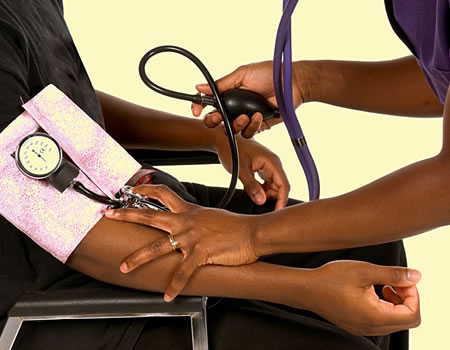However, a new study into the effects of cholesterol-lowering statins and blood-pressure-lowering candesartan/HCTZ concludes that these medications do not negatively affect erectile function. The study is published in the Canadian Journal of Cardiology.
“Previous research suggests that cardiovascular risk factors such as high blood pressure and cholesterol increase the risk of ED, but there has been little research examining whether modifying these risk factors can impact its development,” explained lead investigator Philip Joseph, MD, Assistant Professor of Medicine at McMaster University, Hamilton, Ontario, Canada.
Investigators evaluated the consequences of cholesterol lowering with a statin, pharmacologic blood pressure reduction, and a combination of the two, on erectile function.
This was a sub-study of the Heart Outcomes Prevention Evaluation — 3 (HOPE-3) randomised controlled trial and it assessed five domains of ED over the previous four-week period.
During the study, none of the treatment groups were associated with a significant change in erectile function when compared to their respective placebo groups.
Neither blood pressure lowering with candesartan/HCTZ nor cholesterol lowering with a statin showed an impact on erectile function. Importantly, taking these medications were not associated with the development of ED.
Dr Joseph declared: “This study shows that lowering these critically important cardiac risk factors using these medications has little impact on changes in erectile function. Men who develop ED while on such medications commonly attribute their symptoms to the medications.
“Our findings suggest that these two medications do not negatively impact erectile function, which should be reassuring to men who are taking them.”
This is an important finding, because doctors can reassure patients that their ED is almost certainly not related to these medications, which have been well-shown to prevent major complications of heart disease, and encourage them to continue to take them.
Dr G.B. John Mancini, a Professor of Cardiology in the Department of Medicine, University of British Columbia, Canada, in an accompanying editorial stated “the current study provides strong motivation for cardiologists to develop confidence and competence in the overlap between quality of life as reflected by male sexual health and reduction of cardiovascular risk.”
Erectile dysfunction (ED) affects about 40 per cent of men over 50 years old and is more common in men with cardiovascular risk factors.






